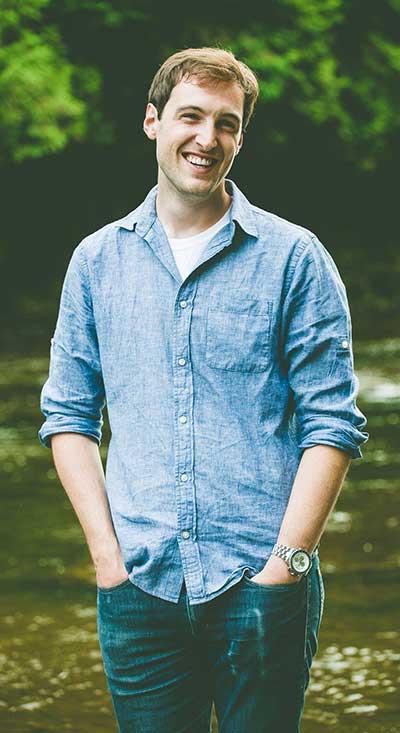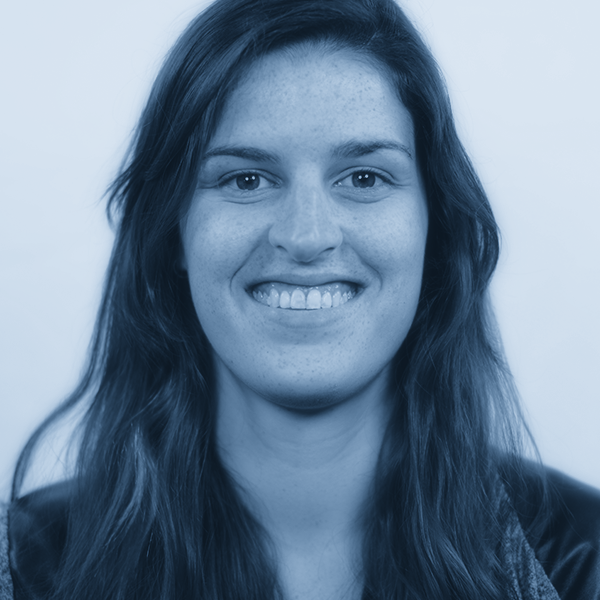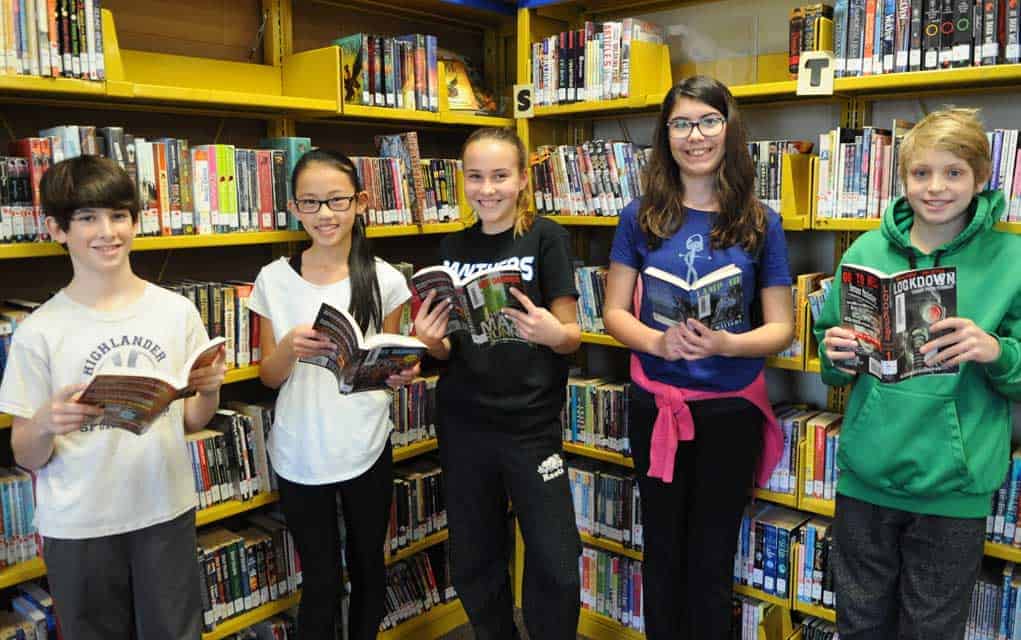Sitting in a math class back during his days as an EDSS student, Mark Beeler never dreamed he’d one day be in France to receive a prestigious science award. This week, he did just that.
What started as a yen for physics and mathematics in high school has turned into an award-winning career, earning the Elmira native the honour of best thesis from the Fondation Nanosciences in Grenoble, France.
After hearing he had won the award, Beeler says he didn’t really believe it at first.
“I was happy and pleasantly surprised. It was on Thanksgiving weekend, and I was really excited. I didn’t really fully know what it meant, and I was kind of apprehensive, but that went away,” he explained.
Fondation Nanosciences is made up of 32 different laboratories in Grenoble with more than 900 researchers, studying things like molecular electronics, nanomaterials and nano structuring and quantum nanoelectronics. They bring on experienced Ph.D students and give them the opportunity to test their theses in an ‘advanced research thematic network.’
Every year since 2009, the research group has given the thesis award to best doctoral

students.
His winning thesis dealt with theoretical physics and quantum engineering, using the behaviours of subatomic particles and the properties of gallium nitride to manipulate energy and light, building a device known as a quantum cascade laser. The laser gives off non-harmful terahertz light to create, “the next generation of image processing,” and has the potential to be used in medical and security imaging as well.
After graduating from EDSS in 2006, Beeler made his way to the University of Waterloo to take advantage of its newly-formed nanotechnology engineering program.
“I was fascinated by the potential of designing new devices and materials at the atomic and subatomic level and knew I wanted to pursue a career at the frontier of science and technology,” he said after receiving his award on Tuesday.
Next, he wanted to continue his education in this specialized field of science by going for his Ph.D but first, he wanted to get out and travel.
“While backpacking around Europe, I heard about a big initiative from the European Research Council and the French government to invest in nanoscience,” he said. “My wife Lauren and I decided it was an amazing opportunity to live abroad and we moved to Grenoble in 2012.”
He worked with high-profile researchers at the French Government Centre for Atomic and Alternative Energies before moving back to Canada.
He has taken the work he did while earning his Ph.D, and now designs new electro-optical systems, like lasers and cameras, for aerial surveillance turrets.
He encourages anyone who wants to get into the sciences to take the leap and dive right in.
“Anyone with a passion for science should pursue a career in the field they are passionate about,” he said. “Science opened so many doors for me to explore the world while expanding my knowledge.”









